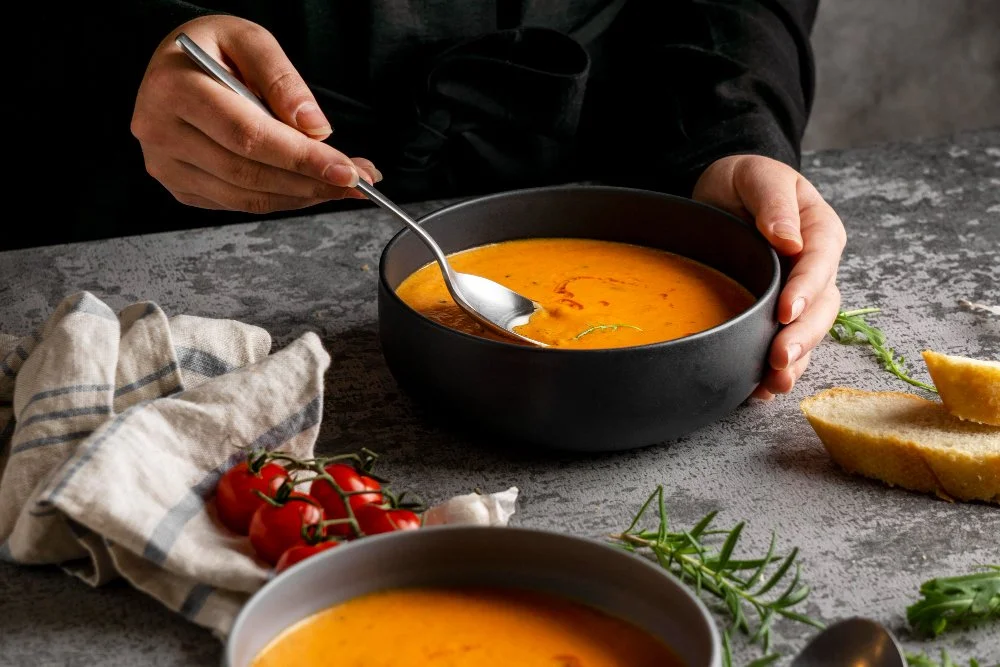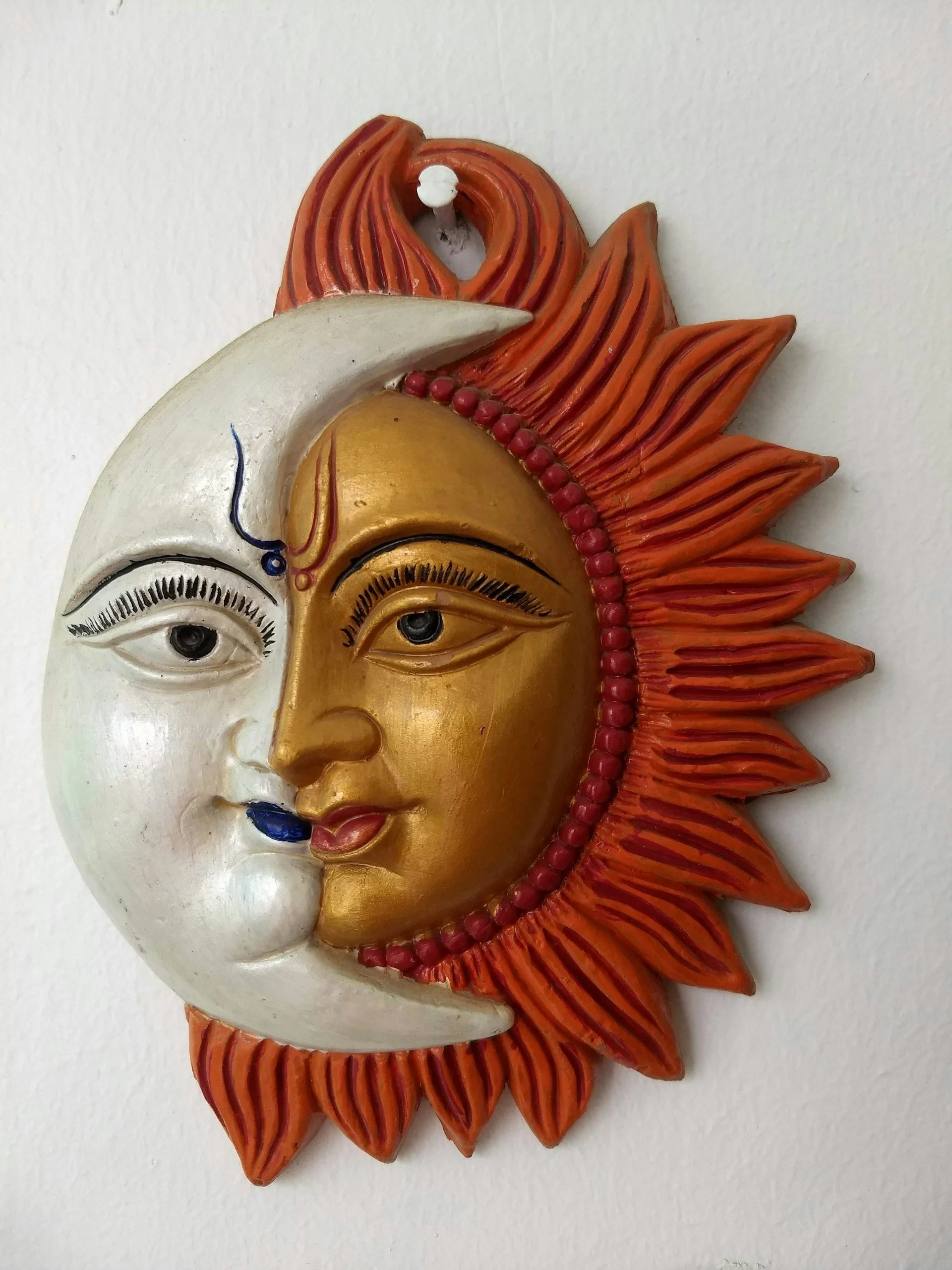ayurvedic teachings on hydration
Hydration is a fundamental aspect of health, influencing various physiological functions and maintaining overall well-being. According to Ayurveda, hydration involves more than just drinking water; it encompasses understanding how water interacts with the body's doshas, dhatus (tissues), and srotas (channels).
In this post, we will dive into all aspects of hydration; what hydration impacts, when and how to hydrate, hydration and the doshas, the importance of lipid hydration, internal versus external hydration, and so much more.
Let’s dive into the waters of hydration! 💧
what hydration impacts
Hydration impacts so many things in the body; many more things than most folks think about. As I am sure you have often heard, the human body comprises ~60% water. The water element is present in multiple bodily components, including blood, lymph, digestive fluids, mucous membranes, cell membranes, cytoplasm, synovial fluid, cerebrospinal fluid, and joint lubrication. This extensive presence highlights the pervasive role of hydration in maintaining bodily functions and health.
Rasa (white blood), Rakta (red blood), Meda (adipose tissue), and Shukra (reproductive tissue) are all tissues ruled by the water element.
Water is oily, slimy, soft, and liquid in nature. Rasa, the sense of taste, is governed by the water element. It affects our perception of flavors, with salty and sweet tastes being closely associated with water.
Proper hydration is crucial for all tissues (dhatus) and functional systems (srotas). Imbalances in hydration can impact digestion, absorption, and overall health.
when to hydrate?
The Asthanga Hrdayam, the most contemporary and easy-to-interpret classical texts of Ayurveda tells us two things:
When to drink water (AH Su 5.15)
Ideally, we are sipping water in between meals. It is suggested not to take in large amounts of water (i.e. chugging water to “catch up on hydration”) as this can lead to digestive disturbances.
Also, it is said that drinking water directly after meals causes obesity (it dilutes our digestive juices causing food to be metabolized slower and improperly), and drinking water directly before meals causes emaciation (it takes up space not leaving adequate room for food).
The Asthanga Hrdayam also tells us that water is counter to Agni, so in conditions of low Agni, it is important to shift our water consumption. AH Su 5.13-14.
Conditions of low Agni include:
Conditions arising from weak digestion (anemia, ascites, diarrhea, hemorrhoids, emaciation, swelling, and malabsorption syndrome)
In the winter and spring (Kapha dosha season)
types of water
One of the most fundamental hydration teachings of Ayurveda is around not consuming “cold water”. When I was first studying Ayurveda, my teacher (and founder of the Ayurvedic Wellness Center) Kara Aubin, shed some insightful light on what exactly this means. 5000+ years ago when these texts were written, there was no such thing as ice or refrigeration. So cold water, Ayurvedically, means water cooler than body temperature. By warming our water we not only make it only easier to digest, it is also more hydrating to the system (think about being cold and the constriction that comes along with that).
Options for water that will be most beneficial to the system include hot water and boiled & cooled water. Types of water to avoid include ambient/cold water and mixed water types (boiled water + cold water).
hydration and the doshas
As with all aspects of Ayurveda, there is a doshic component that makes proper hydration a “one-size DOES NOT fit all” situation.
Here’s a closer look at how proper hydration impacts each dosha:
Vata Dosha: Characterized by qualities such as dryness, lightness, and mobility, Vata dosha requires adequate hydration to counteract its inherent dryness. Inadequate water intake can lead to increased Vata, manifesting as dryness in the skin, constipation, joint pain, and cracking or popping in the joints.
Drinking warm (or hot) water helps balance Vata by maintaining moisture and lubrication in the body.
Pitta Dosha: With qualities of heat, intensity, and sharpness, Pitta dosha can become aggravated by excessive heat and dehydration. Cooling fluids to balance Pitta and provide ample hydration include herbal teas and coconut water, which can soothe Pitta’s fiery nature and support the digestive system.
Kapha Dosha: Kapha dosha is naturally moist and heavy, and excessive water intake can lead to an imbalance. Moderation in hydration for Kapha consists of light, warm fluids that aid digestion without exacerbating Kapha’s tendency towards sluggishness and heaviness.
the importance of lipid hydration
In addition to focusing on the role of water in hydration, Ayurveda also emphasizes the importance of lipid hydration - hydration through the use of oils and healthy fats in maintaining bodily moisture and supporting overall health.
If you’ve been around the Ayurvedic Wellness Center for any time you have likely heard one of our practitioners talk about the profound impacts and powers of ghee. Ghee (and other healthy fats) are considered essential for maintaining the body’s moisture and nourishing the tissues. These substances help to lubricate the joints, improve skin texture, and support digestion. Adequate daily consumption of ghee (and other healthy fats) can help maintain internal hydration, balance Vata dosha, and support overall vitality.
While water provides immediate hydration, lipid-based hydration offers long-term benefits by improving the integrity of cell membranes and tissues. This dual approach ensures comprehensive hydration that supports both immediate and lasting benefits.
internal versus external hydration
Internal hydration primarily involves the intake of fluids and foods that support the body’s hydration levels. This includes water, herbal teas, fats, and other hydrating foods that directly influence the body’s moisture balance. External hydration refers to practices and substances applied to the body’s surface to maintain moisture and support skin health. This aspect of hydration is equally important and complements internal hydration.
Achieving optimal hydration involves a balance between internal and external practices. Integrating both approaches into your daily routine ensures comprehensive hydration and supports the body’s natural balance.
daily practices that support hydration
Incorporating appropriate hydration practices into your dinacharya (daily routine) is a simple way to ensure adequate hydration is taking place at all times.
Morning hydration: Start your day with ~12 oz. of hot water. This practice helps to kickstart digestion, flush out toxins (ama), and prepare the body for the day ahead. Adding a squeeze of lemon or a small amount of ginger to your water can further enhance its benefits.
Rice Water: Incorporating this deeply nourishing and hydrating drink into your practice will help combat systemic dryness and nourish Rasa dhatu. Learn more about rice water, its benefits, and how to make it, here.
Abhyanga: The practice of Abhyanga, or self-massage with warm oil, not only nourishes the skin but also helps in the absorption of oils into the deeper tissues, promoting overall hydration and balance.
Throughout the Day: Drink hot (or warm) water regularly but mindfully. Avoid chugging large amounts at once; instead, sip water consistently throughout the day to maintain hydration without overwhelming the digestive system. Incorporate lipid-based hydration through the use of oils in cooking or as part of your diet to complement water intake.
Evening Hydration: Limit fluid intake in the evening to avoid disrupting sleep. Aim to consume your last glass of water at least an hour before bedtime to ensure restful sleep. Incorporate Abhyanga or the use of oils in your evening routine to enhance relaxation and overall hydration.
in summary
Embracing these insights and incorporating mindful hydration into your routine can lead to better digestion, clearer, more supple skin, and a greater sense of overall wellness. As you explore these practices, remember that the “what” and ”how” of everything in Ayurveda depends on you—adjust your hydration habits according to your dosha, lifestyle, and specific needs for optimal health and hydration.
ready to begin your Ayurvedic journey?
At the Ayurvedic Wellness Center, we believe true healing unfolds when care is integrated, holistic, and co-created.
related posts
loved what you learned? feeling inspired? share this article with someone who would benefit!
you can also share via the social icons below.










